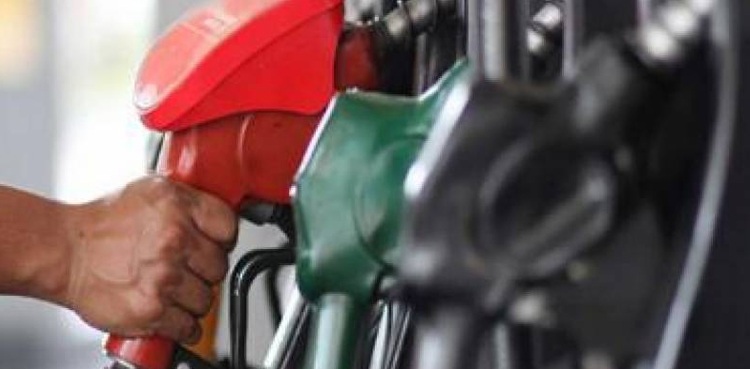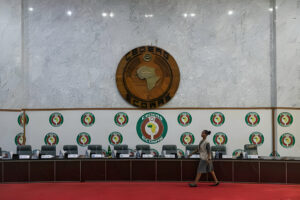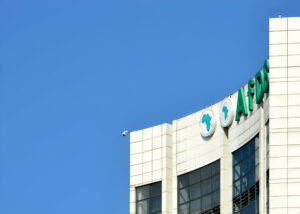South Africa faces yet another challenging economic hurdle as fuel prices continue to rise, with recent hikes leading to tough choices for its citizens. The Department of Mineral Resources and Energy (DMRE) recently announced an increase in fuel prices, further straining the already stretched budgets of South African households.
Rising Fuel Prices
The latest fuel price hike, effective from October 4th, has sent shockwaves throughout the nation. Petrol prices have surged by between R1.08 and R1.14 per litre, while diesel costs have seen an even steeper increase, climbing by R1.93 to R1.96 per litre. To put this in perspective, the price of petrol inland has now reached a staggering R25.68 per litre.
Here’s a breakdown of the new fuel prices:
- Petrol 93 will increase by R1.08 per litre
- Petrol 95 will increase by R1.14 per litre
- Diesel 0.05% sulphur will increase by R1.96 per litre
- Diesel 0.005% sulphur will go up by R1.93.70 per litre
- Illuminating Paraffin will increase by R1.51 per litre
- The Single Maximum National Retail price for illuminating paraffin will increase by R2.02 per litre
- Maximum retail price for LP Gas will increase by R2.50 per kilogram
Concerns from Unions and Political Parties
The South African Federation of Trade Unions (Saftu) has expressed deep concerns regarding this latest petrol price hike. Trevor Shaktu, a spokesperson for the trade union federation, highlighted its negative impact on the working class, emphasizing that it exacerbates the cost of living and has a detrimental effect on workers.
Shaktu outlined three main ways in which these price hikes would affect workers and the unemployed:
- Escalation of fuel costs for vehicle owners.
- Increased road transport fares.
- Higher prices for other essential goods.
Simultaneously, the Democratic Alliance (DA) is preparing to lead a significant protest against the soaring cost of living. The protest is scheduled to take place in the Eastern Cape, an area grappling with extreme poverty, which has tragically driven some individuals to desperate measures.
In a statement, the DA lamented the latest surge in government-controlled fuel prices and its crippling effect on South Africa’s populace, while the government benefits from rising tax revenues generated by fuel. The party plans to march to the offices of the Eastern Cape Department of Social Development to deliver a memorandum requesting immediate intervention.
The DA underscored the gravity of the situation, citing a recent heartbreaking incident where a young mother from Butterworth allegedly took the lives of her three children before ending her own life because she could no longer afford to put food on the table.
As fuel prices continue to surge, South Africans are faced with increasingly challenging financial decisions. The impact of these price hikes is widespread, affecting the working class, vehicle owners, and those dependent on essential goods and transport services. The government faces mounting pressure to address these concerns and provide relief to its citizens, as protests and calls for intervention grow louder in the face of economic hardship.














